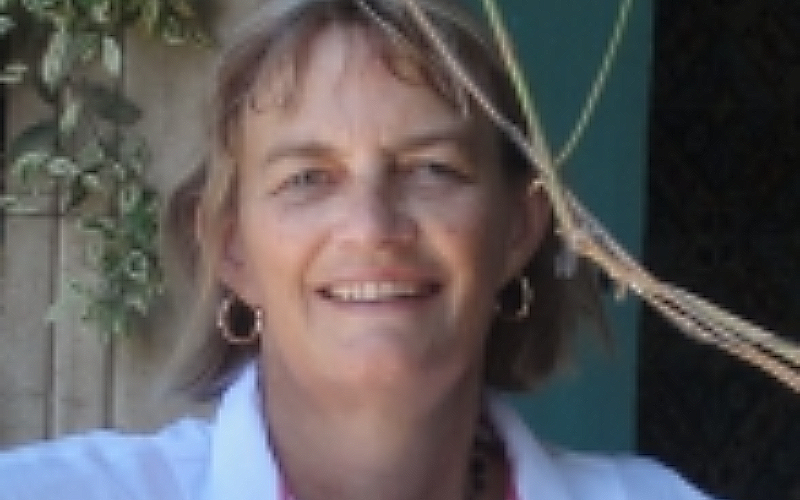“When you’re with a patient you take all that you know in your head, all the theory, and you throw it away. You have to listen to the patient and then maybe afterward something becomes clear – you use that ‘in-between’ as a way maybe in the next session. But if you were sitting there and thinking: ‘Now the patient is in the paranoid/schizoid position…’ that would be disastrous. You have to listen with your guts, your emotions, your intellect, and your body, in order to understand what is going on in a particular moment, in a particular session. Then later on you might be able to make sense of it through theory and through supervision.”

Jeanne Wolff- Bernstein, Ph.D.
Vienna
Episode Description:
We begin with considering the cultural and linguistic contributions to intrapsychic processes and the analytic encounter. Jeanne shares with us her life story involving her ‘temporary’ visit to California, which became a 37-year stay that included her becoming a psychoanalyst. We discuss the meaning to her and to her analysands of her being German and how she worked with that clinically. She moved to Vienna and began teaching and practicing analysis there, enabling her to compare the two psychoanalytic cultures and methods of practice. We also take up the importance of the German language as the vehicle through which Freud discovered the unconscious. Jeanne concludes by sharing with us her ongoing sense of feeling like an immigrant, a state of mind inherent in the analytic engagement.
Our Guest:
Jeanne Wolff-Bernstein is a psychoanalyst living and working in Vienna, Austria. She is a member and training analyst at the Wiener Arbietskreis für Psychoanalyse, where she is a member on the Board. She is also the head of the Scientific Advisory Council of the Vienna Sigmund Freud Museum, where she had also been the Fulbright Freud Visiting Scholar in Psychoanalysis in 2008. Prior to moving to Vienna, Jeanne Wolff Bernstein was the past president and supervising and personal analyst at PINC (Psychoanalytic Institute of Northern California). She is still on the faculty at PINC and at the NYU Postdoctoral Program, New York, and teaches at the Wiener Arbeitskreis für Psychoanalyse (WAP) She has published numerous articles on the interfaces between psychoanalysis, the visual arts, and film. Her most recent publications include, Beyond the Bedrock in Good Enough Endings, (2010) ed. by Jill Salberg, The Space of Transition between Winnicott and Lacan in Between Winnicott and Lacan (2011) ed. by Lewis Kirshner, and the section on Jacques Lacan in The Textbook of Psychoanalysis as well as Living between two languages: A Bi-focal Perspective, in Immigration in Psychoanalysis, (2016) Dora, the unending and unraveling story, in Dora, Hysteria & Gender: Reconsidering Freud’s Case Study, 2018 and Unexpected antecedents to the concept of the death drive: a return to the beginnings, in Contemporary Perspectives on the Freudian Death Drive, in Theory, Clinical Practice and Culture. 2019, 55-68.
Her last publication, resulting from the 2022 EPF congress on the subject of Ideals, is entitled From Narcissus to Echo: The Imaginary Working under the Mask of the Symbolic.
Her book on Edouard Manet, Framing the Past and the Gaze, is forthcoming.
Linked Episode: Episode 121: Polish Psychoanalysis, Ukraine and Intergenerational Trauma with Edyta Biernacka (Krakow) – IPA Off the Couch
Recommended Readings:
Lots of Freud, over and over again.
Marcel Proust, A la recherche du temps perdu
Winnicott, several key essays, over and over again
Philip Sands, East / West Street and The Ratline
Francoise Davoine, History Beyond Trauma, Shandean Psychoanalysis
